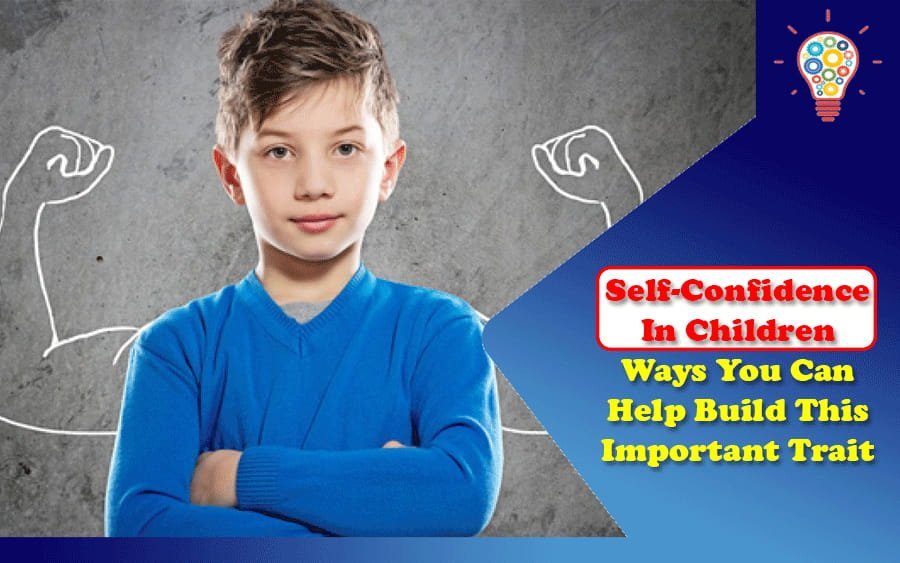It’s an important attribute to develop as early as possible. As human beings, the more self-confidence we have, the better we can function and navigate each and every day of our lives. Self-confidence leads to building healthy relationships and goes a long way towards achieving success in any endeavour as an adult or a child.
With this in mind, it’s vital that your child or children develop self-confidence at a very early age, as this will serve them well throughout school and the rest of their lives. Let’s look at some ideas and ways you can help your child build their confidence levels.
Table of Contents
#1 – Genuine Praise Goes a Long Way
Children need to be praised for a job well done but the praise needs to be genuine. While it’s natural to want to encourage a child in everything they do, offering up too much false praise will only result in them developing a false sense of confidence. Praise them when it’s genuinely called for. In this way, the confidence they develop will be based on real results and capabilities.
#2 – Constructive Criticism Is Also Vital for Confidence Building
Constructive criticism is totally different to belittling a child or being negative. Constructive criticism is a positive process and something that’s necessary for a child to improve. It doesn’t matter whether it’s something your child is learning how to do or when it comes to their behaviour in general, if they are doing something incorrectly, it’s important to gently correct them. The ability to strive to improve will develop and self-confidence will blossom as a result.
#3 – Children Need To Learn a Sense of Responsibility
Everyone needs to be responsible and no matter what age a child is, it’s never too young to start learning about personal responsibility. It’s a crucial component of developing healthy self-confidence. When children are tasked with certain responsibilities, each time they successfully accomplish something, their confidence will increase and the more self-reliant they will become as a result.
You don’t want to bestow complex responsibilities on a young child, so start out with simple things like having them help to prepare the evening meal or make their own lunch. Assigning household chores to do before they can go out and play also teaches them to be responsible and not be lazy.
#4 – Let Them Make Simple Choices
The last point talked about responsibility and how it can help boost a child’s self-confidence. Allowing a child to make some basic choices and decisions for themselves also enhances responsibility and builds confidence. Any decisions that don’t have any real consequences can be entrusted to a preschool-aged child without repercussions of any kind.
A simple decision that’s perfectly safe for a young child to make is to let them decide what they want to wear each day or what they would like to eat for breakfast. You could even task them with the decision of how they want to arrange their bedroom if it’s time for a change.
There are numerous small decisions you can allow your child to make, leading to a more independent and decisive child with a healthy dose of self-confidence.
#5 – Early Education Centres Are Great for Confidence Building
Early education centres are designed for toddlers and children of preschool age. They are more than just childminding centres and are heavily focused on early education and early childhood development. If you want your young child to commence the school years brimming with confidence, then seriously consider enrolling them in an early education centre.
You can find one online by searching your area. Using Dural in NSW as an example, try searches for:
- Dural childcare
- Child care Dural
- Early education centre Dural
- And so forth…
#6 – Encourage Children To Follow Their Passions and Interests
It could be playing a sport, painting, learning a musical instrument, learning how to cook simple meals or anything at all really. When your child shows a keen interest in something, encourage them to pursue their interest so they will improve. Nothing builds self-confidence better than learning how to master something you’re already interested in. Children are also more likely to persist with something they are good at that interests them too.
Read also: Tips on How to Become More Independent

